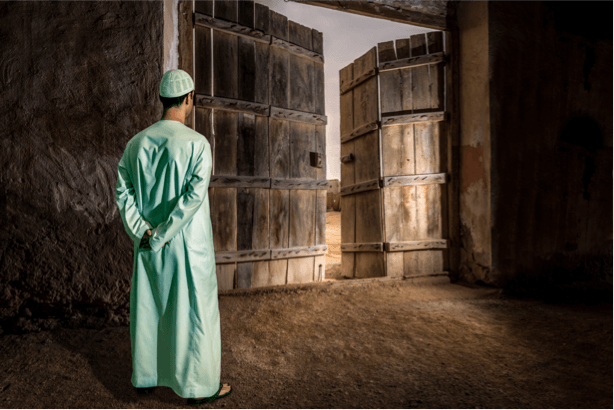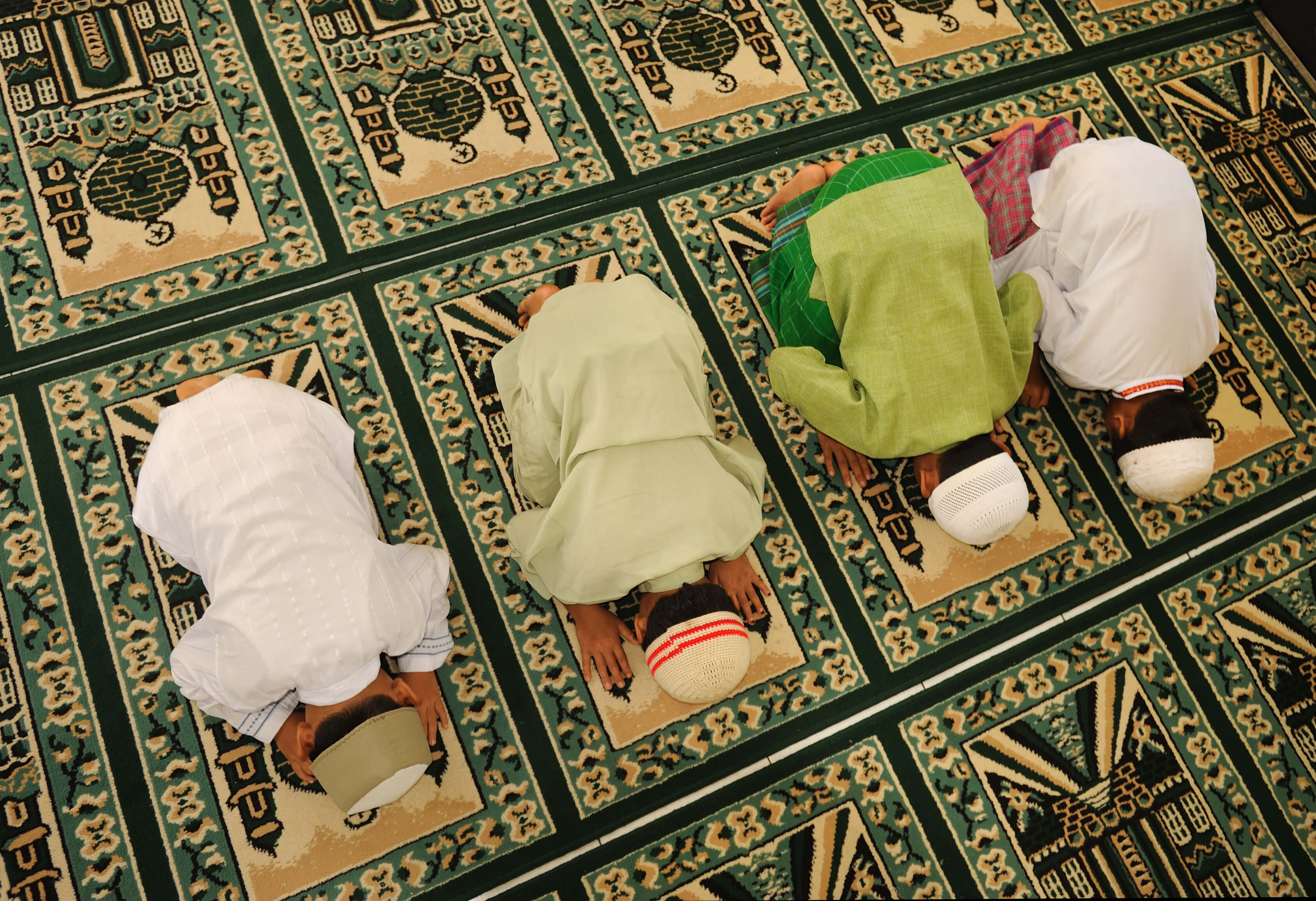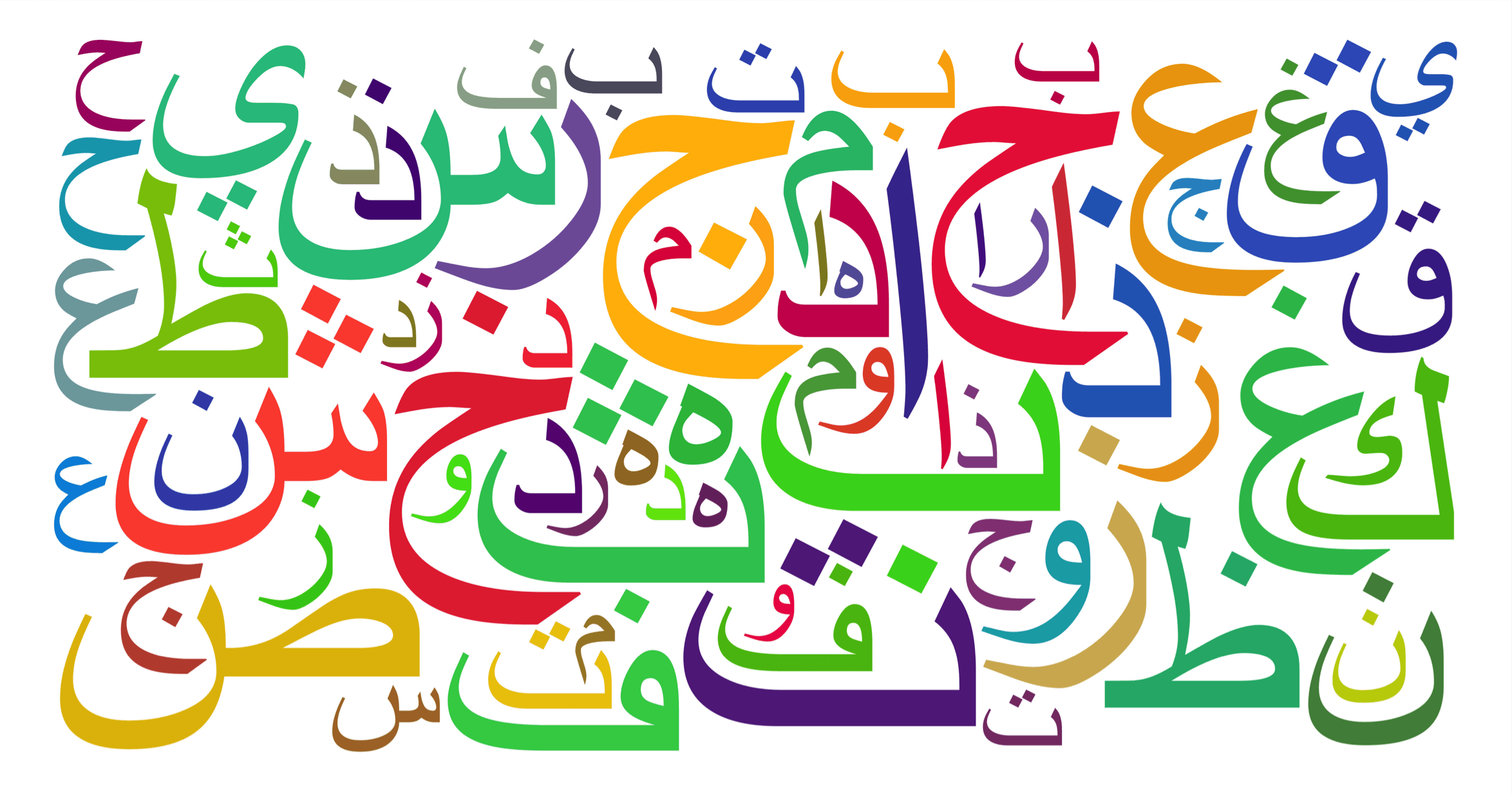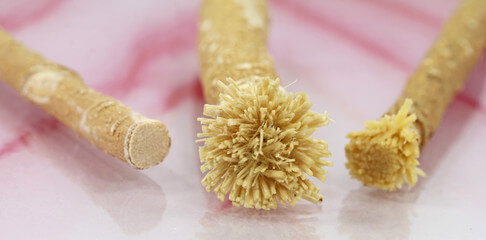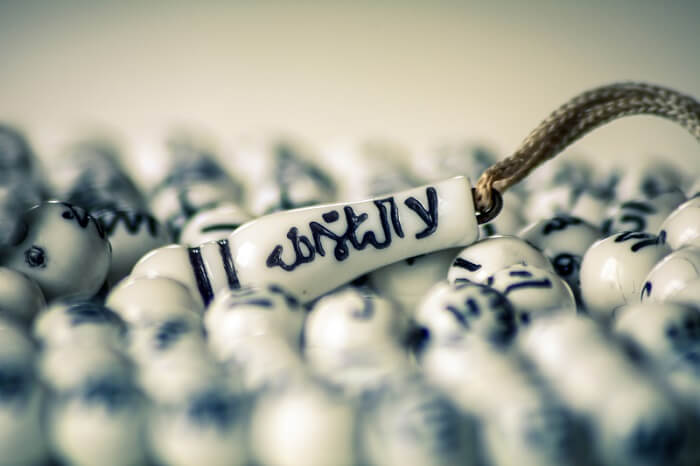Words cannot do justice to the feeling you have when you see your child take the first breath of life. It is truly a miracle and a testimony to the wonders of Allah (SWT) and all that He has created.
In Surah Al-Kahf, Allah says,
“Wealth and children are [but] adornment of the worldly life. But the enduring good deeds are better to your Lord for reward and better for [one’s] hope” (18:46).
From this, we learn that we must invest in the temporary (wealth and children) with good deeds so that we may receive Allah’s reward in the eternal life.
As the Prophet (SAW) has said,
“When a man dies, his acts come to an end, but three, recurring charity or knowledge (by which people) benefit, or a pious son, who prays for him (for the deceased).” [ Sahih Muslim – Book 13 – Hadith 4005]
In this way children and wealth can be a means of gaining rewards even after one’s death. This being said, I’m sure you would like to begin your newborn Muslim baby’s life on the right foot so that circumcision he/she can grow up to be a coolness for your eyes and a means of benefit for you in the Hereafter. Below are some authentic Sunnan for a newborn Muslim baby as practiced by the Prophet (SAW).
Tahneek
Tahneek is the act of putting something sweet, such as dates or honey, in the newborn’s mouth as was practiced by the Prophet (SAW). It was reported that Abu Musa (RA) said,
“I had a baby boy, and I brought him to the Prophet (PBUH). He named him Ibrahim, did Tahneek with some dates and prayed for Allah to bless him, then he gave him back to me.” [Narrated by al-Bukhaari, 5150; Muslim, 2145.]
Reciting the Adhan
One of the sunnahs for welcoming the newborn Muslim baby is to recite the adhan (in a whisper) in the baby’s right ear. This is so that the first thing the baby hears are the words of Tawheed.
Naming the Child
This is one of the most important (and fun) aspects of having a baby. Before deciding on a name one must consider all aspects of it. The child will be called by this name both in this life and the Hereafter. Their name is the first aspect of their identity. Therefore, it is important to give your new Muslim baby a beautiful name-one that will highlight his/her identity as a Muslim and give a good impression of him/her to other people.
Forbidden/Disliked Names
With all of the above in mind, all names are permissible for a Muslim baby insofar as they do not contradict the Shari’ah. Examples of this include a name which includes worshipping anything other than Allah, including Prophets and angels (i.e., Abdul Ka’ba, Abdurrasool, Abdul Nabi, etc.) We know that Abdurrehman Ibn ‘Awf’s (RA) birth name was Abd al-Ka’bah and upon his conversion to Islam, the Prophet (SAW) renamed him Abdurrehman. Furthermore, one cannot give their children names after false idols or devils. It is also worth mentioning that it is makrooh to use the names of angels, or to name children after the names of Surahs in the Qur’an (i.e., Taha, Yaseen). In addition, it is also makrooh to add anything to the word Allah except ‘Abd (i.e., Rahmat-Allah, Hasab-Allah, etc).
The Best Names
The Prophet (SAW) said, “The most beloved of names to Allah are Abdullah and Abdurrehman.” Furthermore, names which express the submission and worship of Allah are favoured, such as Abdul-Aziz, Abdul-Malik, etc. Then are the names of the Prophets and Messengers (AS) (i.e., Muhammed, Musa, Ibrahim, Eesa, etc), and the names of the righteous slaves of Allah, such as the Companions of the Prophet (SAW). Lastly, one may use any other name which has a proper and pleasant meaning.
It is permissible to name the Muslim baby on the first or seventh day as indicated from these ahadith:
It was reported that Anas ibn Malik said, “The Messenger of Allah (PBUH) said: “A boy was born to me this night and I have named him with the name of my father Ibrahim.”
It was reported that ‘Aisha said, “The Messenger of Allah (PBUH) did ‘aqeeqah for al-Hasan and al-Husayn on the seventh day, and gave them their names.”
Aqeeqah and Circumcision for Boys
This practice involves sacrificing a lamb and feeding the people. For a girl, one lamb is to be sacrificed, and two for a boy. For boys, circumcision is a part of Sunan al-Fitrah.
It was reported from Salmaan ibn ‘Aamir (RA) that the Prophet (PBUH) said,
“For the boy there should be an ‘aqeeqah. Slaughter (an animal) for him and remove the harmful thing [i.e., the foreskin] from him.”[Narrated by al-Bukhaari, 5150; Muslim, 2145.]
Among the benefits of ‘aqeeqah, as reported by Ibn Al-Qayyim is that it is a sacrifice by which a child is brought close to Allah as soon as he enters the world. In addition, it serves as a ransom for the newborn so that he can intercede for his parents. Symbolically, it is a sacrifice by which the newborn is ransomed just as Allah ransomed Ismail (AS) with the ram. Lastly, another benefit of the ‘aqeeqah is the gathering of relatives and friends for the walimah (feast).
Shaving the head
It was reported that Samurah ibn Jundub (PBUH) said, “The Messenger of Allah (PBUH) said:
“A boy is ransomed by his ‘aqeeqah. Sacrifice should be made for him on the seventh day, he should be given a name and his head should be shaved.” [Narrated by al-Tirmidhi, 1522; al-Nasaa’i, 4220 and Abu Dawood, 2838. The hadith was classed as Sahih by al-Albaani (RH), in al-Irwaa’ 4/385).]
It is also a practice to shave the newborn’s head and give the equal in weight of gold or silver to charity. This is not to be taken literally, as weighing hair would be quite difficult. Instead, it is sufficient to estimate the weight and give paper currency equivalent to the price of that amount of gold or silver.
Final Thoughts
With all of these practices complete, it doesn’t necessarily stop there. It is important to continue to make dua for your new Muslim baby as he/she ages so that Allah (SWT) protects him/her from the Shaytan and opens their heart to the true understanding of the deen. A good example of this can be seen from the story of Maryam (AS)-whose mother vowed to devote her child to the service of Allah. She made constant dua that Allah grant her child righteousness, and when Maryam (AS) was born, her mother said, “My Lord, I have delivered a female.’ And Allah was most knowing of what she delivered, “And the male is not like the female. And I have named her Mary, and I seek refuge for her in You and [for] her descendants from Satan, the expelled [from the mercy of Allah].” As we know, Maryam (AS) matured into one of the most revered women of Islam, by the mercy of Allah.
I pray that Allah (SWT) through His mercy, grants us righteous children who will declare His Oneness and follow the Sunnah of the Prophet (SAW), and through which he/she can be a means of reward for us in the Hereafter. Ameen.





